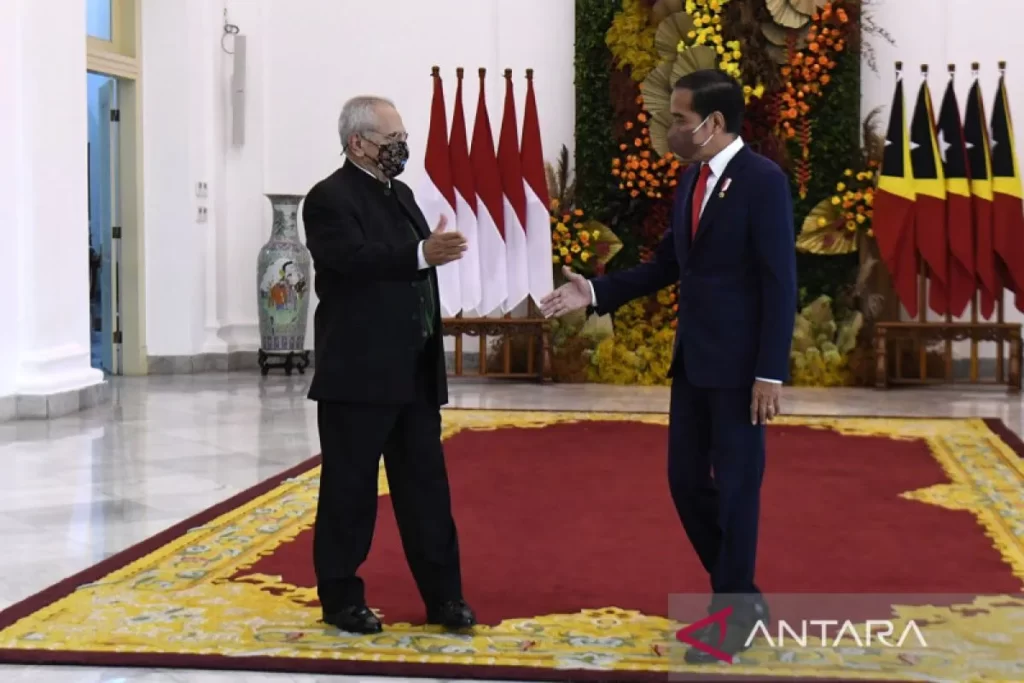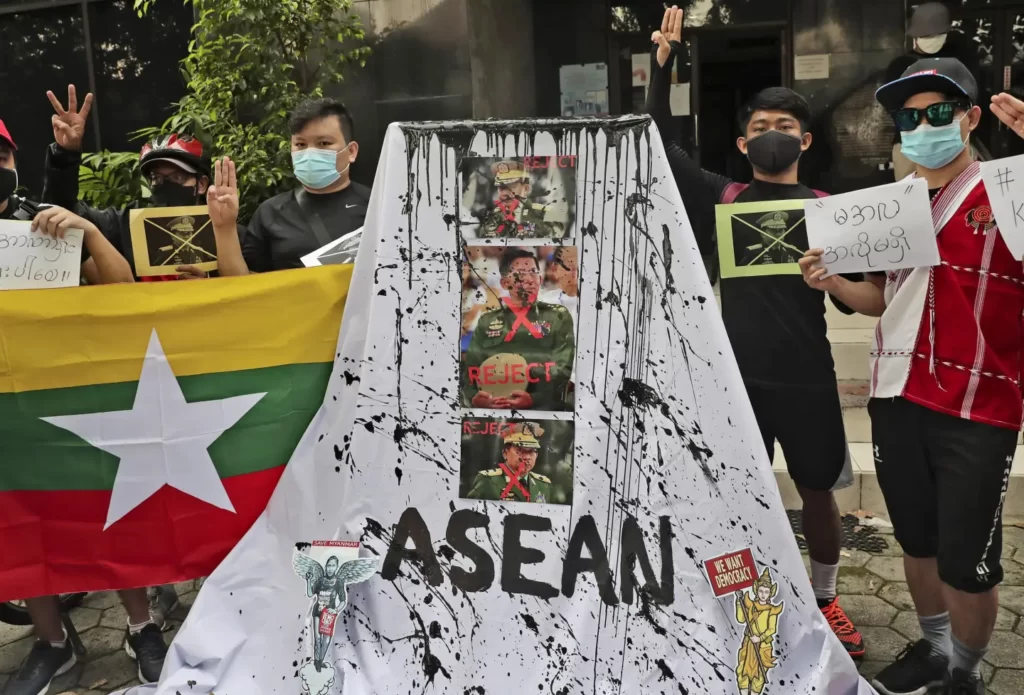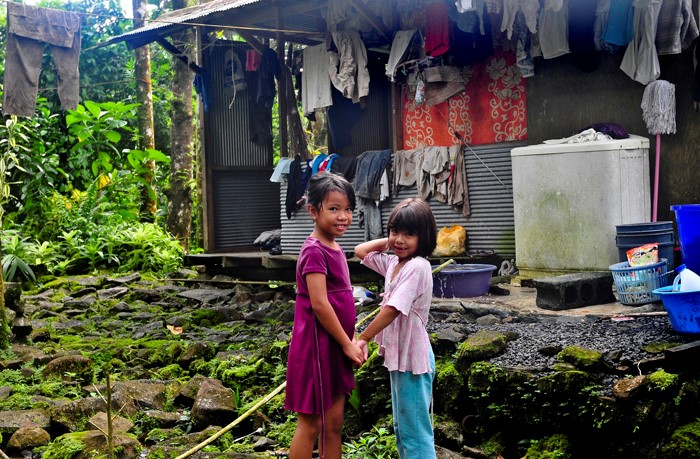
DILI, Timor-Leste – Timor-Leste’s accession into the Association of Southeast Asian Nations (ASEAN) regional bloc gathered much interest in diplomatic circles since November last year when regional leaders agreed to admit the country as the 11th member during the 40th and 41st ASEAN Summits held in Cambodia.
The bold demand of undoing Timor-Leste’s application for ASEAN membership came from Timor-Leste Prime Minister Xanana Gusmão. Despite its shared dark history with Indonesia, the 2023 ASEAN Chairman, Timor-Leste has displayed its ability to settle differences peacefully and forge friendly relations with the country. Timor-Leste has expressed its ambitions for cultural affinity with the Southeast Asian region, stating in its development plan the goal to join the regional bloc based on the citizens’ wishes. In return, ASEAN will gain the rare opportunity to contribute to the development of a young country and guide them through the process of economic innovation and growth, cultural development, and social process.

One of Indonesia’s focuses was to prepare Timor-Leste’s roadmap to full ASEAN membership, with the official ratification scheduled in September 2023 in Labuan Bajo, Indonesia. However, in an unforeseen turn of events, Gusmão threatened the bloc that the country will reevaluate joining if there continues to be no resolution to the conflict in Myanmar.
“Timor-Leste will not be joining the ASEAN if ASEAN cannot convince the military junta in Myanmar,” said Gusmão earlier this month. He cited that as a country that has adopted democracy, human rights violations should not be tolerated and the military junta regime should not be accepted.
The ASEAN worked closely with Myanmar’s military junta on a peace initiative for months, including the Five-Point Consensus in April of 2021. However, implementation has been slow, and commitment has been low to date.
Human Rights Watch (HRW), an international non-governmental organization that advocates for human rights, urged the bloc to do more after failing to accomplish its pledges and take meaningful steps toward ending the junta’s abuses. HRW called on leading ASEAN countries to “immediately alter their course to focus on protecting people’s rights and freedoms rather than helping the junta remain in power.”

The bloc has been in a dilemma ever since the military junta takeover. This was due to the cardinal principle of non-interference valued by the bloc due to their own historical battles with sovereignty and independence from foreign interference.
Considering Timor-Leste’s positioning, especially economically, many questions arose about their capacity to call the shots. According to Maria Ortuoste, a political science professor at California State University East Bay, the nation faced a critical challenge due to depleting oil reserves and declining GDP, which required more support personnel alongside the matter of insufficient infrastructure.

Early this year, Timor-Leste President Jose Ramos-Horta shared his optimism for the bloc, stating that there is “no obstacle to our accession” and that “solemn, formal accession can happen this year, or in a year’s time.” However, rather than being words that foreshadow fortune, Ramos-Horta’s words, in retrospect, appear to describe the inconsistency of its government. Timor-Leste’s much-needed membership is no longer a smooth process to success, but rather, is becoming a leverage point.

About the author
Hi, I’m Kellen and I’m a writer at AYO Post passionate about foreign policy, social issues and education. I’m a big foodie and am happiest when I’m travelling the world looking for the hidden gems and best local eats around town. One interesting fact about me is that I’m allergic to mosquito bites, so as you can imagine, I’m horrible to go camping with!